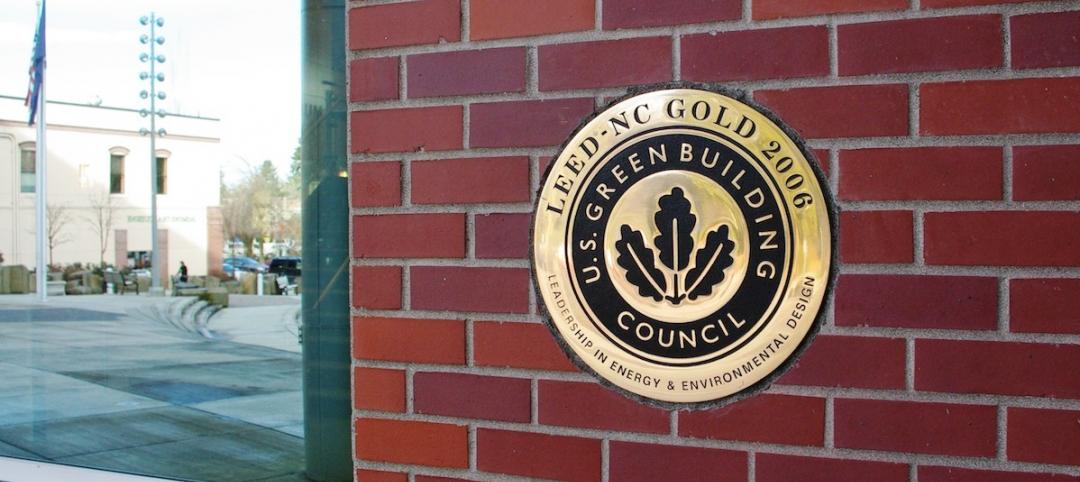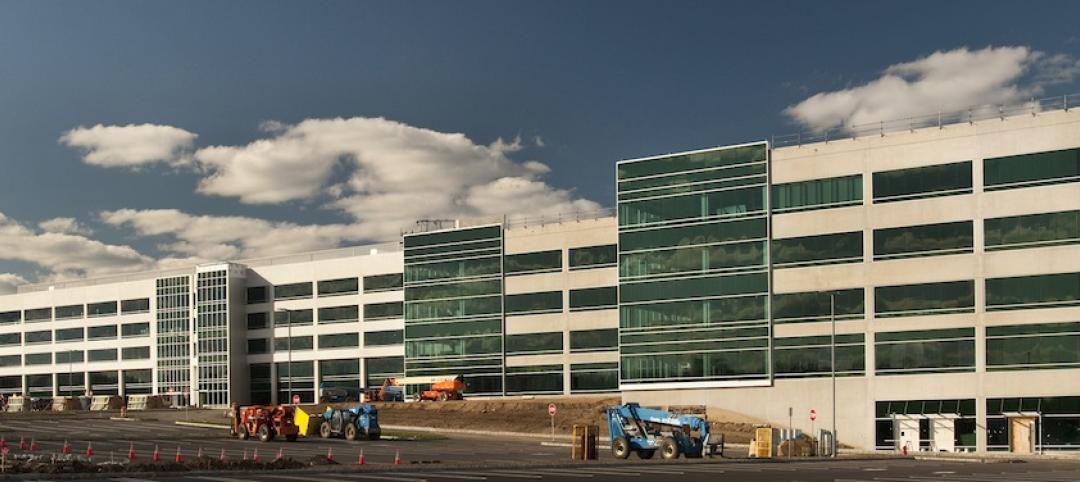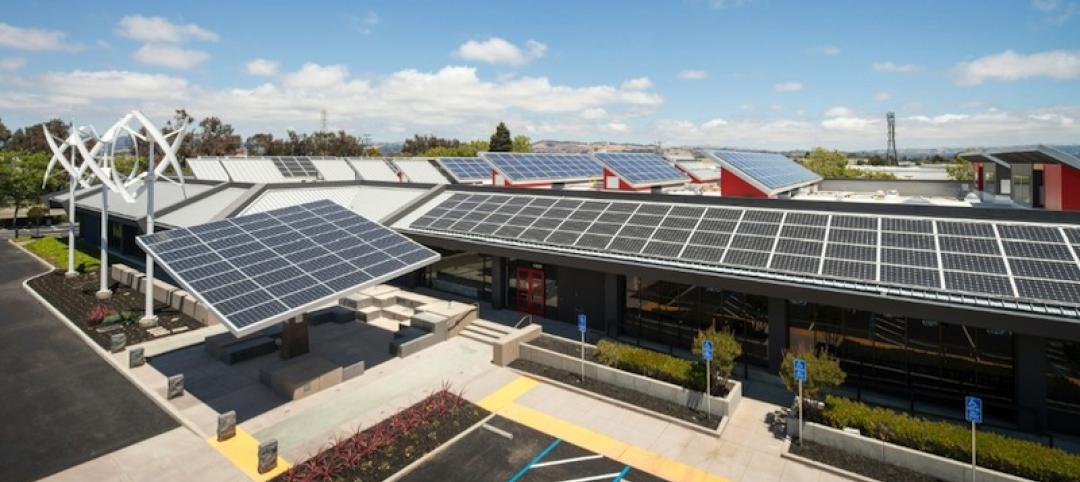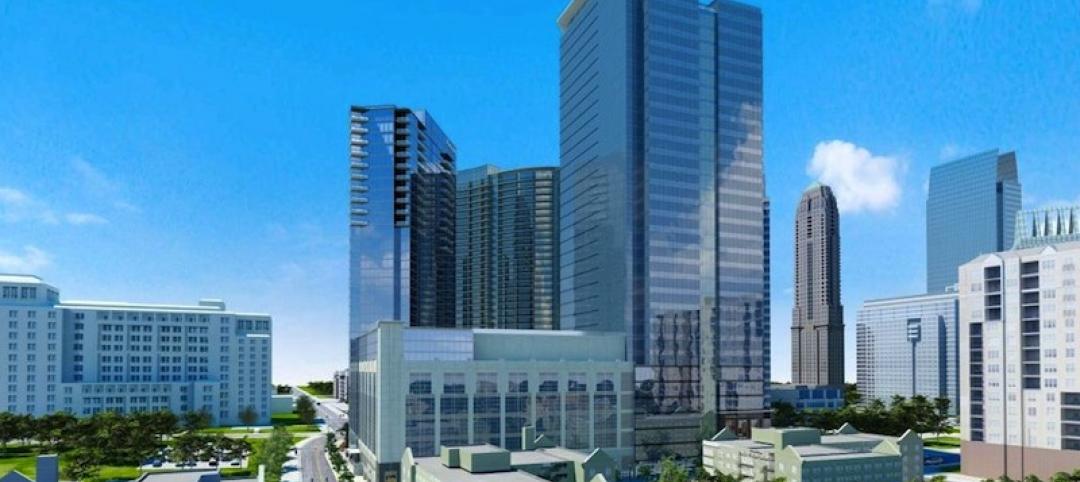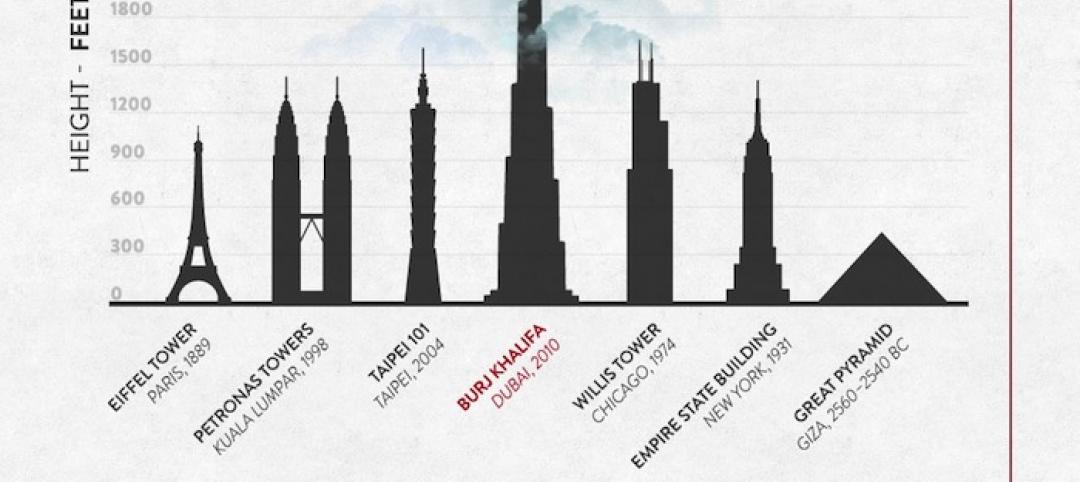In the month since Amazon CEO Jeff Bezos announced plans for a $5 billion development that would serve as the e-commerce giant’s second headquarters, cities and regional economic development organizations (EGOs) across the country have been tripping over themselves in an effort to woo the world’s third-largest tech company.
In using an open RFP process with a tight timeline (just six weeks from the Sept. 7 reveal date), Amazon created a frenzied, almost hackathon-like atmosphere that it hoped would spark next-level creativity when it comes to urban redevelopment and incentives for corporate businesses. Amazon’s RFP process downplays the backroom dealings common with massive economic development opportunities like this, in favor of a more inclusive “show us what you got” approach.
And show us they did. As of mid-October, more than 50 cities and development groups had responded to Amazon’s RFP. The proposals range from impressive to outright wild. Noteworthy examples:
Dallas: a transit-oriented development for HQ2 adjacent to a proposed bullet train station. The $15 billion train line would shuttle passengers to and from Houston.
Phoenix: adapt a 1950s retail mall (the city’s first mall), which currently houses a few restaurants, offices, and a data center.
Frisco, Texas, is offering to build out the remainder of its city—the 62-square-mile Dallas suburb is 60% developed—with Amazon’s HQ as the centerpiece.
Atlanta suburb Stonecrest has promised to devote 345 acres to the corporate campus and rename a portion of the community, “City of Amazon.”
New Jersey has plans for some $7
billion in tax breaks over the next decade.
Don’t get me wrong, HQ2 would be a huge win for any metro market. Amazon says it expects the development to ramp up to include as many as 50,000 jobs.
But the hysteria around Amazon’s open RFP has gone to a new level of absurdity. I’m just waiting for Bezos to announce that he’s purchasing airtime on CNBC for his own version of LeBron’s “The Decision.” “After careful consideration, we decided that we’re going to take our talents to __________.” (Cut to camera on scene, applause erupts.)
It’s safe to say that the majority of the 50+ entrants in the race for HQ2 has a slim chance of winning. But that doesn’t mean there aren’t valuable lessons to glean from the exercise, says Amy Liu, a VP and Director with the Brookings Institution.
“This global firm basically sent a very clear market signal to cities about what matters, and I think they are really scrambling now to make sure they exhibit those assets,” she said. “But after the competition is over, what I want is for cities to not let go of that core message, which is that a strong technical workforce, a livable sustainable community, strong transit, multimodal access, and ultimately a diverse, tolerant community, those are the factors that matter in the long term.”
Related Stories
| Jun 5, 2013
USGBC: Free LEED certification for projects in new markets
In an effort to accelerate sustainable development around the world, the U.S. Green Building Council is offering free LEED certification to the first projects to certify in the 112 countries where LEED has yet to take root.
| Jun 4, 2013
SOM research project examines viability of timber-framed skyscraper
In a report released today, Skidmore, Owings & Merrill discussed the results of the Timber Tower Research Project: an examination of whether a viable 400-ft, 42-story building could be created with timber framing. The structural type could reduce the carbon footprint of tall buildings by up to 75%.
| Jun 3, 2013
Construction spending inches upward in April
The U.S. Census Bureau of the Department of Commerce announced today that construction spending during April 2013 was estimated at a seasonally adjusted annual rate of $860.8 billion, 0.4 percent above the revised March estimate of $857.7 billion.
| Jun 3, 2013
Trifecta of awards recognize Vision/Rubenstein campus, Bayer Healthcare HQ
When Vision Equities, LLC and Rubenstein Partners purchased the 200-acre former Alcatel-Lucent campus in Whippany a little more than two years ago, the partnership recognized the property’s potential to serve as a benchmark infill revitalization for the State of New Jersey.
| May 31, 2013
Nation's first retrofitted zero-energy building opens in California
The new training facility for IBEW/NECA is the first commercial building retrofit designed to meet the U.S. Department of Energy’s requirements for a net-zero energy building.
| May 29, 2013
Realtors report positive trends in commercial real estate market
Realtors who practice commercial real estate have reported an increase in annual gross income for the third year in a row, signaling the market is on the road to recovery.
| May 24, 2013
First look: Revised plan for Amazon's Seattle HQ and 'biodome'
NBBJ has released renderings of a revised plan for Amazon's new three-block headquarters in Seattle. The proposal would replace a previously approved six-story office building with a three-unit "biodome."
| May 20, 2013
Jones Lang LaSalle: All U.S. real estate sectors to post gains in 2013—even retail
With healthier job growth numbers and construction volumes at near-historic lows, real estate experts at Jones Lang LaSalle see a rosy year for U.S. commercial construction.
| May 3, 2013
'LEED for all GSA buildings,' says GSA Green Building Advisory Committee
The Green Building Advisory Committee established by the General Services Administration, officially recommended to GSA that the LEED green building certification system be used for all GSA buildings as the best measure of building efficiency.
| May 2, 2013
A snapshot of the world's amazing construction feats (in one flashy infographic)
From the Great Pyramids of Giza to the U.S. Interstate Highway System, this infographic outlines interesting facts about some of the world's most notable construction projects.



